Text

“And the same chain of narrators that he Messenger of Allah ﷺ said: "Verily, Allah the Great and Almighty has a pillar of ruby, the top of which is under the Throne, and the bottom of which is on the back of the fish which swims in the Seventh lowest Earth. When a servant of Allah says `there is no god but Allah’, the Throne trembles, and both the pillar and fish move. So Allah, the Blessed and the Most High says: `O Throne of Mine! Remain calm!’ Then it replies, `How shall I remain calm, when you have not forgiven the one who uttered those words?’ Then Allah, Blessed and Exalted be He, announces: `Bear witness, O inhabitants of My Heavens, that indeed I have pardoned the one who has uttered these words!’"
-Al-Tawhīd book 2 chapter 1 verse 20.
#books#history#literature#religion#theology#mysticism#esotericism#religious#islam#islamic#shia#Shia Muslim#shia Islam#sunni#sunnism#Shi’ism#shiism#sharia#tawhid#tawheed#taqwa#islamic tradition#islamic history#Hadith#shia Hadith#quotes
3 notes
·
View notes
Text
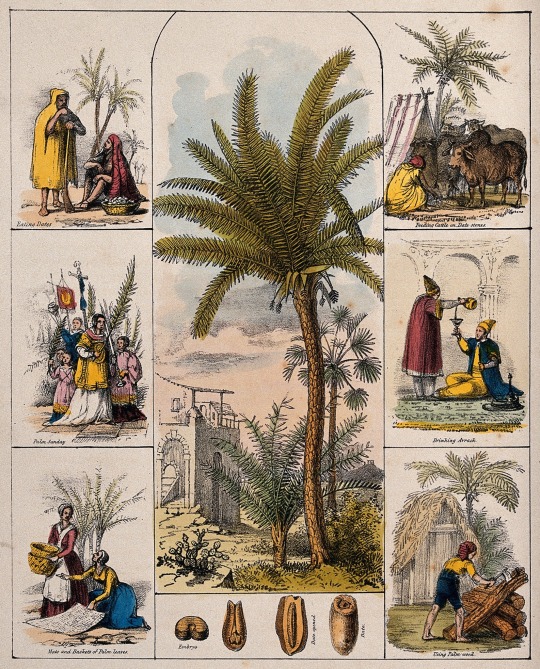
“Narrated Anas bin Malik:
Allah's Messenger (ﷺ) never proceeded (for the prayer) on the Day of `Id-ul-Fitr unless he had eaten some dates. Anas also narrated: The Prophet (ﷺ) used to eat odd number of dates.”
-Sahih al-Bukhari 953.
#books#history#literature#religion#theology#mysticism#esotericism#religious#orthodox#islam#sunnah#sunni#shia#sunni muslim#muslim#Shia Muslim#eid al fitr#eid#eid mubarak
1 note
·
View note
Text

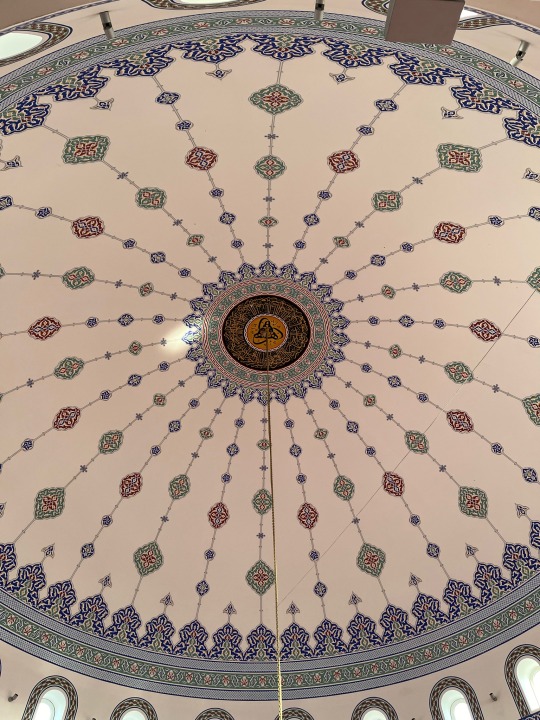


Went to this beautiful mosque a few days ago💕
#books#history#literature#religion#theology#mysticism#esotericism#religious#orthodox#christian#sunni#Sunnis#sunnism#sunni Islam#islam#islamic architecture#mosque
3 notes
·
View notes
Text
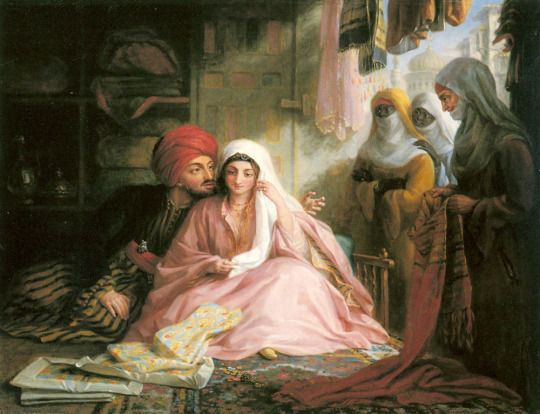
“Abu Huraira R.A. reported Allah's Messenger ﷺ as saying: A woman may be married for four reasons: for her property, her status. her beauty and her religion, so try to get one who is religious, may your hand be besmeared with dust.”
-Sahih Al-Bukhari Book 8, Number 3457.
#books#history#literature#religion#theology#mysticism#esotericism#religious#islamic#islam#sunnah#sunni#hadith narration#hadith#sunnism#shia#shiism#shia muslim#muslim#marriage#romance#love
13 notes
·
View notes
Text
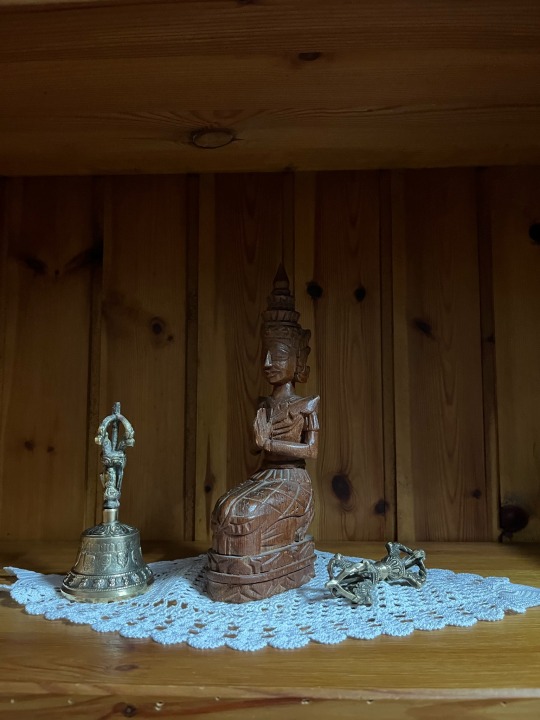



The love doctor★彡
#books#history#literature#religion#theology#mysticism#esotericism#religious#aesthetic#ldr aesthetic#ldr#cats#cute cats#femme#Buddhist art#taoism#love#vintage#vintage style#femme4femme
9 notes
·
View notes
Text
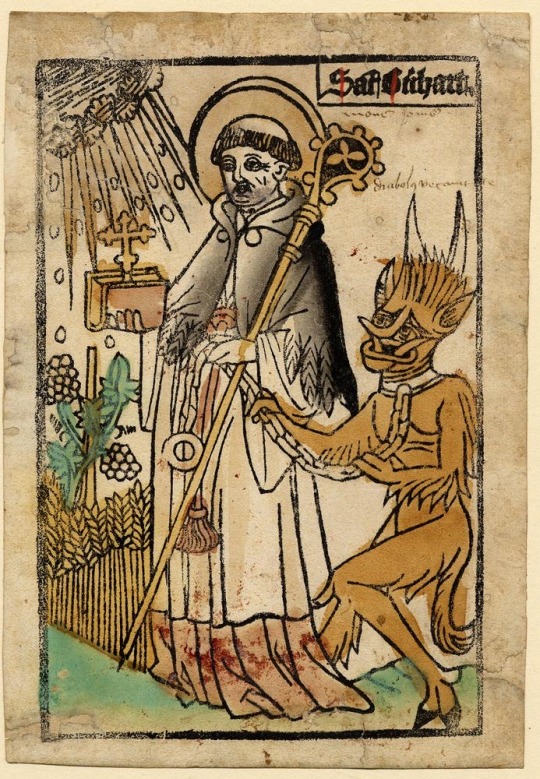
“We seek for truth in ourselves; in our neighbours, and in its essential nature. We find it first in ourselves by severe self scrutiny, then in our neighbours by compassionate indulgence, and, finally, in its essential nature by that direct vision which belongs to the pure in heart. Observe both the number and the sequence. To begin with, let Him who is the Truth teach you that you must search for truth in those around you before you look for it in its intrinsic purity. You will afterwards learn why you must search for it in yourself before you do so in your neighbours. Thus in the enumeration of the Beatitudes in His Sermon He placed 'the merciful' before 'the pure in heart'. For the merciful quickly discover truth in their neighbours when they extend their sympathy to them, and so kindly identify them- selves with them that they feel their good and evil characteristics as if they were their own.”
-St Bernard of Clairvaux, The Twelve Degrees of Humility and of Pride.
#books#history#literature#religion#theology#mysticism#esotericism#religious#orthodox#christian#christianity#catholic#Catholicism#medieval art#art#catholic art#catholic church#st bernard#perennialism#perennialist#perennial philosophy#philosophy#quotes#book quotes
19 notes
·
View notes
Text

“Everything will be very simple and easy if you decide to do it unto God, for God’s sake, and to the glory of God. Everything in life and in the soul will immediately come together.”
-Father Ioann Krestiankin.
#history#books#religion#literature#theology#esotericism#mysticism#orthodox#religious#christian#orthodox christian#orthodox christianity#orthodox church#church#russian orthodox#byzantium#church of Moscow#church of Constantinople#christian aesthetic#christendom#christianity
95 notes
·
View notes
Text

“Wisdom falls into three divisions.
The first division is the science of nature, called in Arabic, "Al-Ilm al-tibi". This branch of knowledge deals with the essential and incidental properties of material bodies.
The second division consists of the practical sciences, called in Arabic, "Al-Ilm al-riazi. These comprise arithmetic, engineering, astronomy, and music.
The third division, called in Arabic, "Al-Ilm al-ilahi. is the science of theology, which deals with the knowledge of G-d, knowledge of His torah, and other spiritual things, such as the soul, the intellect, and spiritual beings.
All these divisions of wisdom, and their respective branches, are gates which the Creator has opened for men through which they may attain a comprehension of religion and of the world. Only that some sciences are more needed for religious matters while others are more needed for secular interests.
The sciences whose use is closest to worldly matters is the science of nature, which is the lowest science and the practical science, which is second. These two sciences instruct on all the secrets of the physical world, its uses and benefits, its industries and trades and is conducive to physical and material well-being.
The science which is most needed for religion is the highest science - Theology.
We are under duty to study it in order to understand and obtain a knowledge of our religion. But to study it in order to attain worldly benefits is forbidden. Our teachers said (Nedarim 62a): "[expounding the verse: to love the L-rd your G-d, to hearken to His voice, and to cleave to Him' [This means that one should not say, I will read Scripture that I may be called a scholar. I will study mishna, that 1 may be called Rabbi, I will study [Talmud, to be an Elder, and sit in the assembly of elders; but learn out of love, and honor will come in the end". And "Do [good] deeds for the sake of their Maker, and speak of them words of torah for their own sake. Make not of them a crown wherewith to magnify yourself, nor a spade to dig with" (ibid). And "Fortunate is the man that fears the L-ord, that delights greatly in His commandments' (Ps. 112:1),
R. Eleazar expounds thus: In His commandments' but not in the reward of His commandments. This is just what we have learnt. He used to say, Be not like servants who serve the master on the condition of receiving a reward; but be like servants who serve the master without the condition of receiving a reward." (Avodah Zara 19a).”
-Rabbeinu Behaye, Chovot HaLevavo.
#books#history#literature#religion#theology#mysticism#esotericism#religious#orthodox#Judaism#jewish#orthodox judaism#Jews#jewish theology#neoplatonism#platonism#perennialism#perennial philosophy#chabad#Hasidic#Reform Judaism#conservative judaism#philosophy#israel#Israelite#Torah#tanakh#jewish culture#culture#art
2 notes
·
View notes
Text

“When Svetaketu was twelve years old, he was sent to a teacher with whom he studied until he was twenty-four. After learning all the Vedas, he returned home full of conceit in the belief that he was consummately well-educated, and very censorious.
His father said to him, "Svetaketu, my child, you are so full of your learning and so censorious, have you asked for that knowledge by which we hear the unhearable, by which we perceive what cannot be perceived and know what cannot be known?" "What is that knowledge, sir?" asked Svetaketu.
His father replied, "As by knowing one lump of clay all that is made of clay is known - so, my child, is that knowledge, knowing which we know all."
"But surely these venerable teachers of mine are ignorant of this knowledge; for if they possessed it they would have imparted it to me. Do you, sir, therefore, give me that knowledge?"
"So be it," said the father... And he said, "Bring me a fruit of the nyagrodha tree." "Here it is, sir." "Break it." "It is broken, sir." "What do you see there?" "Some seeds, sir, exceedingly small." "Break one of these." "It is broken, sir." "What do you see there?" "Nothing at all."
The father said, "My son, that subtle essence which you do not perceive there - in that very essence stands the being of the huge nyagrodha tree. In that which is the subtle essence of all that exists has its self. That is the True, that is the Self, and thou Svetaketu art That."
"Pray, sir", said the son, "tell me more." "Be it so, my child", the father replied; and he said, "Place this salt in water, and come to me tomorrow morning."
The son did as he was told.
Next morning the father said, "Bring me the salt you put in the water."
The son looked for it, but could not find it, for the salt, of course, had dissolved.
Tha father said, "Taste some of the water from the surface of the vessel. How is it?" "Salty." "Taste some from the middle. How is it?" "Salty." "Taste some from the bottom. How is it?" "Salty."
The father said, "Throw the water away and then come back to me again."
The son did so; but the salt was not lost, for the salt existed forever.
Then the father said, "Here likewise in this body of yours, my son, you do not perceive the True; but there, in fact, it is. In that which is the subtle essence, all that exists has its self. That is the True, that is the Self, and thou, Svetaketu, art That."
-Chandogya Upanishad.
#books#history#literature#religion#theology#mysticism#esotericism#religious#Hinduism#bhagavad gita#vedas#upanshid#hindu#hindu theology#quotes#hindu quote#dharmic#India#South Asia#eastern philosophy#metaphysics#philosophy#aesthetic#girlblogging#lana del ray#lana del rey#ldr#coqeutte#religious quotes#religious aesthetic
11 notes
·
View notes
Text

“Behold but One in all things; it is the second that leads you astray.” -Kabir
“That this insight into the nature of things and the origin of good and evil is not confined exclusively to the saint, but is recognized obscurely by every human being, is proved by the very structure of our language. For language, as Richard Trench pointed out long ago, is often "wiser, not merely than the vulgar, but even than the wisest of those who speak it. Sometimes it locks up truths which were once well known but have been forgotten. In other cases it holds the germs of truths which, though they were never plainly discerned, the genius of its framers caught a glimpse of in a happy moment of divination.” For example, how significant it is that in the Indo-European languages, such as Darmsteter has pointed out, the root meaning "two" should connote badness.
The Greek prefix dys- (as in dyspepsia) and the Latin dis-(as in dishonorable) are both derived from "duo." The cognate bis- gives a pejorative sense to such modern French words as bévue ("blunder," literally "two-sight"). Traces of that "second which leads you astray" can be found in "dubious," "doubt" and Zweifel-for to doubt is to be double-minded. Bunyan has his Mr. Facing-both-ways, and modern American slang its "two-timers." Obscurely and unconsciously wise, our language confirms the findings of the mystics and proclaims the essential badness of division—a word, incidentally, in which our old enemy "two" makes another decisive appearance.
Here it may be remarked that the cult of unity on the political level is only an idolatrous ersatz for the genuine religion of unity on the personal and spiritual levels. Totalitarian regimes justify their existence by means of a philosophy of political monism, according to which the state is God on earth, unification under the heel of the divine state is salvation, and all means to such unification, however intrinsically wicked, are right and may be used without scruple. This political monism leads in practice to excessive privilege and power for the few and oppression for the many, to discontent at home and war abroad. But excessive privilege and power are standing temptations to pride, greed, vanity and cruelty; oppression results in fear and envy; war breeds hatred, misery and despair. All such negative emotions are fatal to the spiritual life. Only the pure in heart and poor in spirit can come to the unitive knowledge of God. Hence, the attempt to impose more unity upon societies than their individual members are ready for makes it psychologically almost impossible for those individuals to realize their unity with the divine Ground and with one another.”
-Aldous Huxley, The Perennial Philosophy.
#books#history#literature#religion#theology#mysticism#esotericism#religious#orthodox#christian#hindu#buddhist#perennial#perennialism#pagan#wiccan#muslim#bhakti#philosophy#eastern philosophy#islam#literary quotes#aldous huxley#India#indian#saints#hinduism#buddhism#linguistics#languages
3 notes
·
View notes
Text
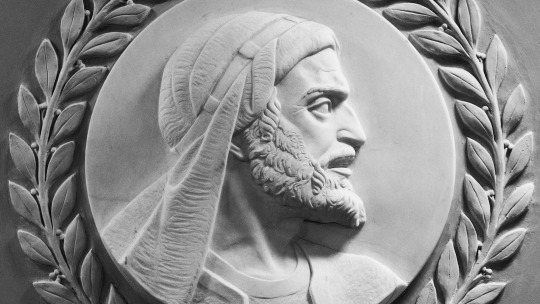
“WHEN THOU GOEST FORTH TO BATTLE AGAINST THINE ENEMIES, AND SEEST HORSES, AND CHARIOTS etc. This is a new commandment which he now declared to them as they came into battles. The purport of the verse, For the Eternal your G-d is He that goeth with you, to fight for you against your enemies, to save you is to admonish them against becoming faint-hearted and that they should not fear their enemies. He states that they are not to rely in this matter on their own strength, thinking in their hearts. We are mighty men, and valiant men for the war, but instead they are to turn their hearts only to G-d and rely on His help, thinking that He delighteth not in the strength of the horse, and He taketh no pleasure in the legs of a man, for The Eternal taketh pleasure in them that fear Him, in those that wait for His mercy. He states to fight for you against your enemies meaning that He will make them fall before you by the sword. He states to save you meaning that they will be spared in battle and that not a man among them will be missing, for it would be possible that they vanquish their enemies and that many of them, too, would die, as is the way of battles. Therefore Joshua cried out when about thirty and six men fell in [the battle of] Ai, for in His commandatory war not one hair of their heads should have fallen to the ground, for the battle is the Eternal’s. Now the priest who serves G-d is to admonish [the warriors] to fear Him, and give them assurance [of His help]. The officers, however, speak in the customary way of the world, lest he die in the battle, for in the normal course of events even some people of the group of the victors die. He commanded that these three categories [of people] return because one’s heart is on his [new] house, vineyard, and wife and he will [be the first to] flee.”
-Maimonides on Deuteronomy 20:1.
#books#history#literature#religion#theology#mysticism#esotericism#religious#orthodox#orthodox jews#judaism#jewish#reform judaism#conservative judaism#Jews#Israelite#israel#torah#tanakh#jewish theology#queer jews#rambam#maimonides#Kabbalah#chabad#breslov#chasidic#chassidus#Hasidic#orthodox judaism
5 notes
·
View notes
Text

Teenageascetic doesn’t just read books abt religion but also sadomasochism🌚
2 notes
·
View notes
Text
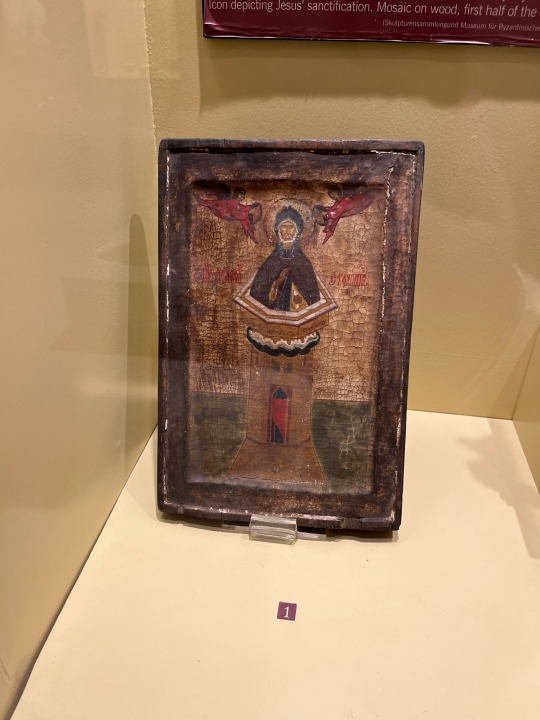


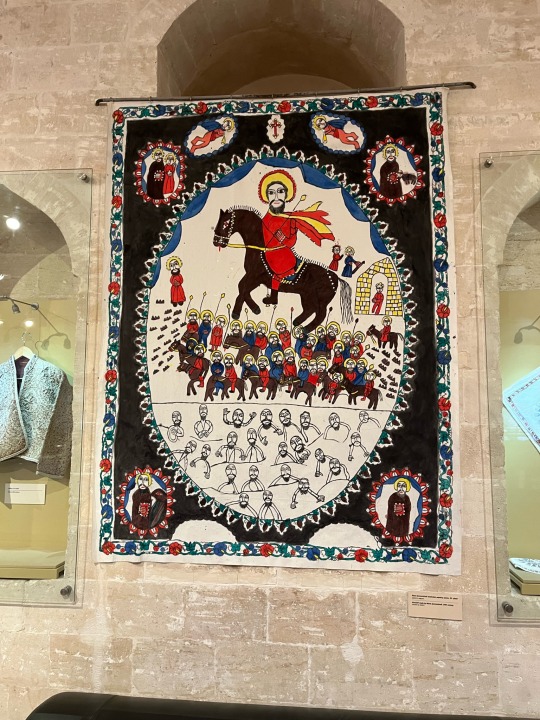

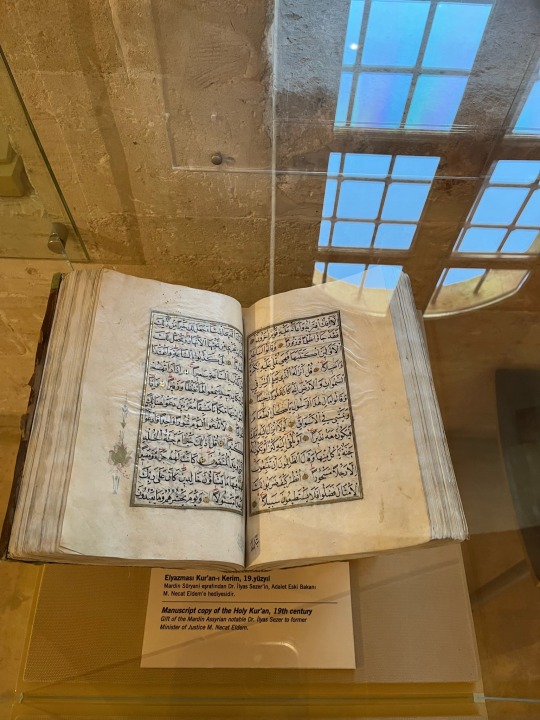
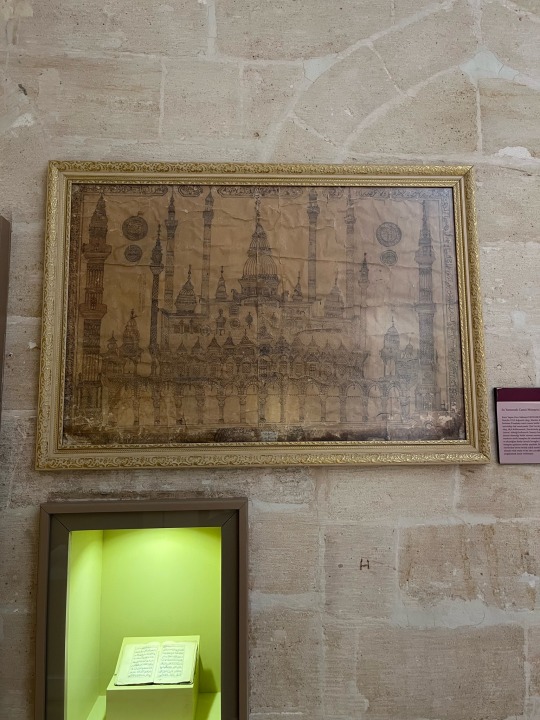
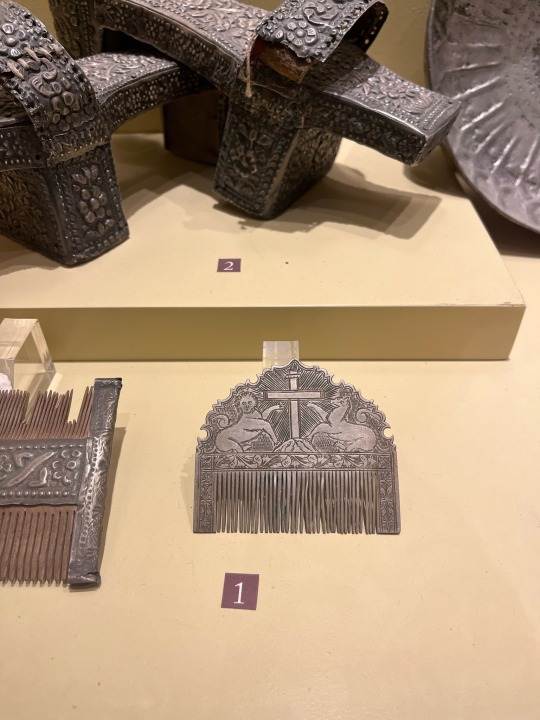

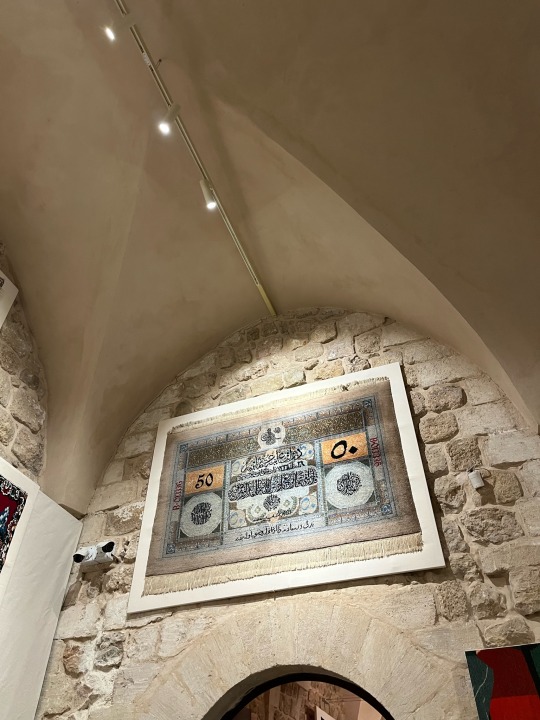
Some museums in Mêrdîn last summer. I miss going to places like this so much. Can’t wait to go again.
#books#history#literature#religion#theology#mysticism#esotericism#religious#orthodox#christian#Christianity#islam#islamic#islamic art#art#religious art#museums#art museum#museum#aesthetic#book aesthetic#ldr aesthetic#ldr
27 notes
·
View notes
Text

“Assigned to the Dalai Lama and the Tibetan people in the hope that their fatherland will get his freedom soon”
#books#history#literature#religion#religious#mysticism#theology#orthodox#aesthetic#book aesthetic#religious aesthetic#ldr#tibet#tibetan#buddhist#Buddhism
1 note
·
View note
Text



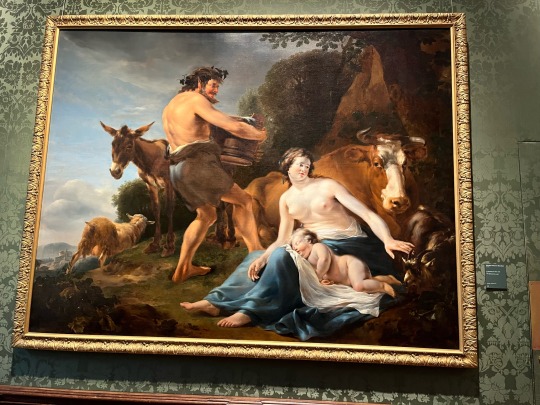


The Hague from last Thursday!
#books#history#literature#religion#theology#mysticism#esotericism#religious#orthodox#christian#aesthetic#ldr aesthetic#ldr#lana Del Rey#christian aesthetic#art#paintings#museum#museums#art museum
5 notes
·
View notes
Text

“Sahl b. Sa'd reported Allah's Messenger (ﷺ) as saying:
In Paradise, there is a tree under the shadow of which a rider can travel for a hundred years without covering (the distance) completely. This hadith has also been transmitted on the authority of Abu Sa'id al-Khudri that Allah's Apostle (ﷺ) is reported to have said: In Paradise, there is a tree under the shadow of which a rider of a fine and swift-footed horse would travel for a hundred years without covering the distance completely. There would be the pleasure of Allah for the inmates of Paradise and He would never be annoyed with them.”
-Sahih Muslim 2827, 2828.
#books#history#religion#literature#theology#esotericism#mysticism#orthodox#religious#islam#sunnah#Hadith#islamic#islamic art#sunni#shia#shiism#sunnism
9 notes
·
View notes
Text





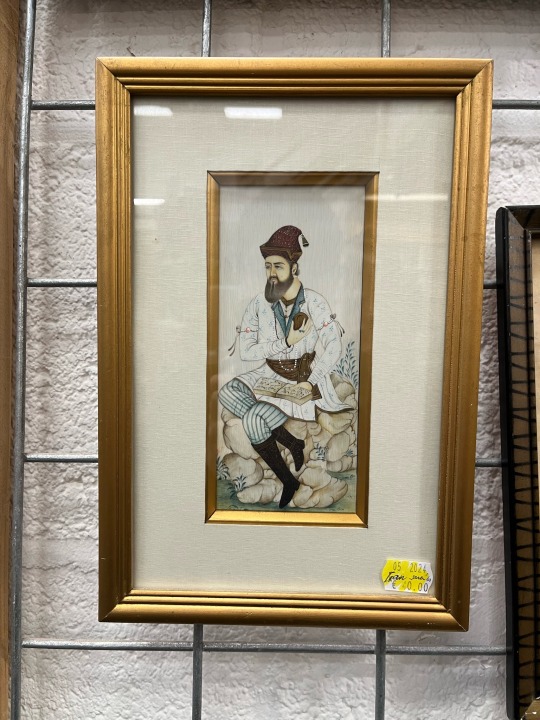
If I was Catholic I would be poor by now
#church aesthetic#ldr#ldr aesthetic#lana Del Rey#lizzie grant#may jailer#books#history#literature#religion#theology#mysticism#esotericism#religious#orthodox#christian#catholic art#catholic church#art
11 notes
·
View notes